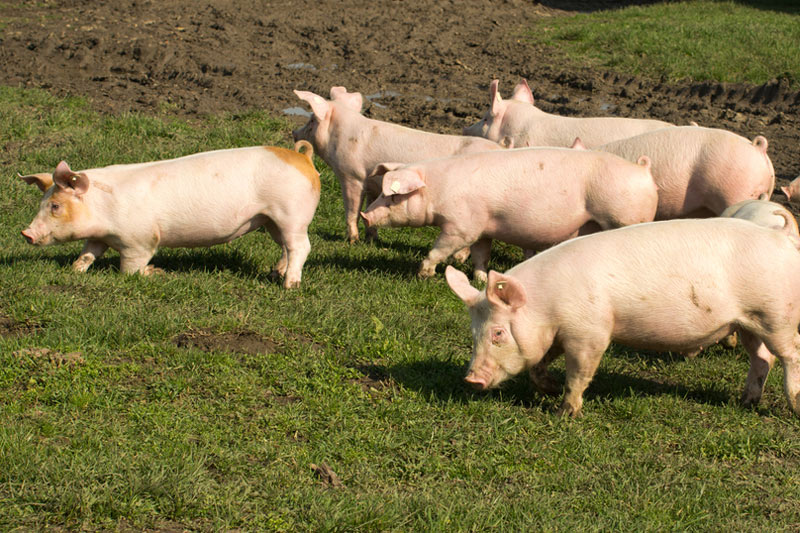(Bloomberg) -- China’s pork crisis, worrying consumers as it pushed inflation to a multi-year high last month, has still produced some huge winners.
Chief among them is Qin Yinglin.
The chairman of Muyuan Foodstuff Co. has seen his net worth more than quadruple this year to $8.6 billion, making his the fastest-growing fortune on the Bloomberg Billionaires Index, a ranking of the world’s 500 richest people.
Wholesale pork prices have more than doubled this year, according to data from China’s Ministry of Commerce, fueling the highest annual consumer inflation rate in seven years as an epidemic of African swine fever led to the deaths of millions of pigs.
Muyuan’s profit surged 260% in the third quarter from the same period in 2018, driven primarily by higher pork prices. The company and other large producers probably gained market share as smaller firms were forced out of business amid heavy losses, according to Fitch Ratings.
“Some companies are very much in difficulty because they are unable to reproduce their hog herd,” said Fitch analyst Li Chen. “But some companies are seeing great profitability.”
Pork Kings
Qin isn’t the only one to cash in on the crisis. Other winners include Hong Kong-listed WH Group, the world’s biggest pork producer, and New Hope Group, a pig breeder and animal-feed maker. New Hope Chairman Liu Yonghao now has a net worth of $11 billion, almost double from the end of 2018.
The majority of Qin’s wealth is derived from a 60% stake in Muyuan. He holds the shares directly and with his wife through Muyuan Industrial Group, according to the company’s third-quarter filing.
Qin, a native of Henan province, was born in 1965 and graduated from Henan Agricultural University with a degree in animal husbandry, according to his company’s website.
He was sent to a state-owned enterprise after graduation but quit three years later to launch a hog-breeding business in his hometown of Nanyang. He started with just 22 pigs and now his company slaughters about 5 million a year.
The company had been disinfecting trucks, sterilizing animal feed with heat and filtering the air in farms to prevent the spread of African swine fever, Qin told South China Morning Post in a March interview.
The disease, for which there is no approved vaccine, can be fatal for pigs but doesn’t affect human health.
“Swine fever brings both benefit and harm,” Qin said in the interview. “We need to ride this violent hurricane out and turn it into a superb opportunity for our development.”
